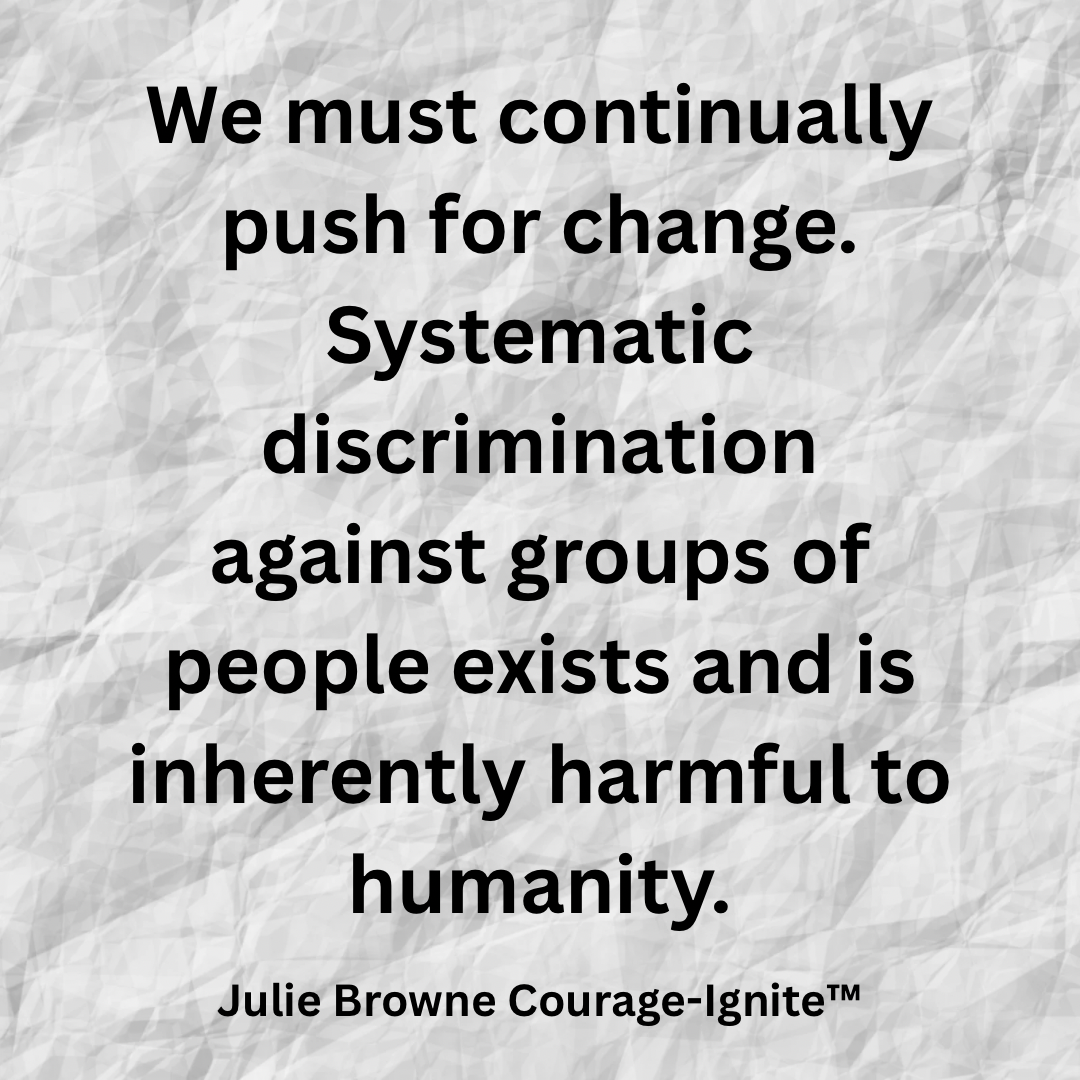Is it me? Am I the problem?
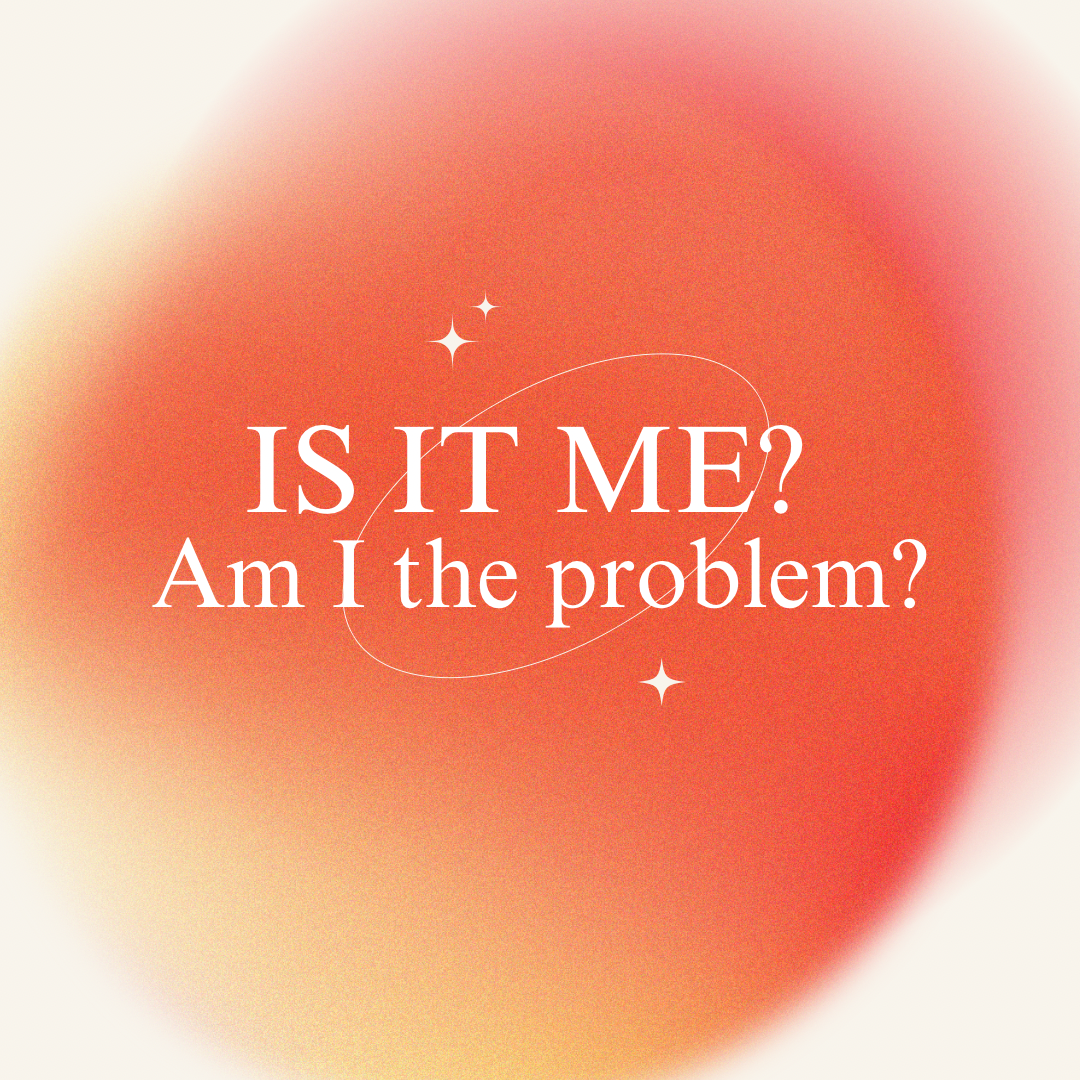
I grabbed this off Facebook.
It shows a behind the curtain glimpse of life with a serious, chronic disease.
The author conveys the depth of complexity and despair around disease management.
—.—
"Is it me? Am I the problem?"
Being a rare disease patient (and I’m guessing parent of a child with one), one of the BIGGEST things you have to learn is ADVOCACY.
To speak up for yourself — how you feel, and what your body needs.
Even though I have been in the ICU I have this horrible fear of being the “annoying patient.”
Does anyone else have this problem?
Like if you speak too much, you're going to end up with no help and no health care team at all?
How do you deal with this fear?
What do you think gave you this fear?
It’s a very real fear.
I get rid of doctors that don’t listen to me and treat me as a knowledgeable person.
And with doctors I’ll only be seeing once, I treat them with respect while still holding my ground. No sense losing my cool.
I know that we don’t always ha...
We must continually push for change
|
Where’d that plan get you?
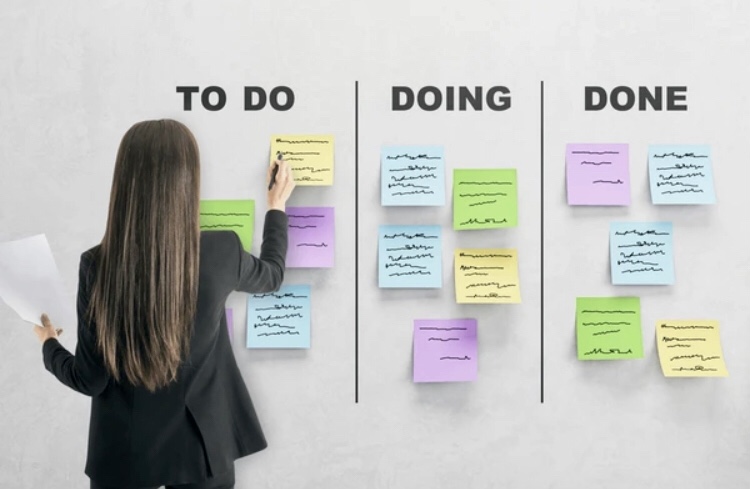
One of the great things about FORCED change — when the rug’s pulled out from under you — is that you have no choice BUT to test, learn, and grow.
To change.
Take risks.
Explore and discover new options.
- New ways of doing and being you hadn’t thought of before.
Or HAD thought of but never put in motion.
Change is inevitable.
You’re in a no man’s land and HAVE to find your way to the other side.
That’s unless you choose to stay stuck.
Or worse, careen downward on an endless spiral.
I’ve had lots of forced identity transitions in my life.
In later years, I recognized that planning can only get you so far.
I have two masters degrees in planning. lol
But later, I learned to be comfortable making decisions based on incomplete plans.
To be comfortable being uncomfortable.
I discovered that next steps reveal themselves once I’m in motion.
- That at some point, a plan will most certainly expire its usefulness.
Reveal it was only, COULD only have been, a half-plan.
That a...
RFK, autism, and a dad
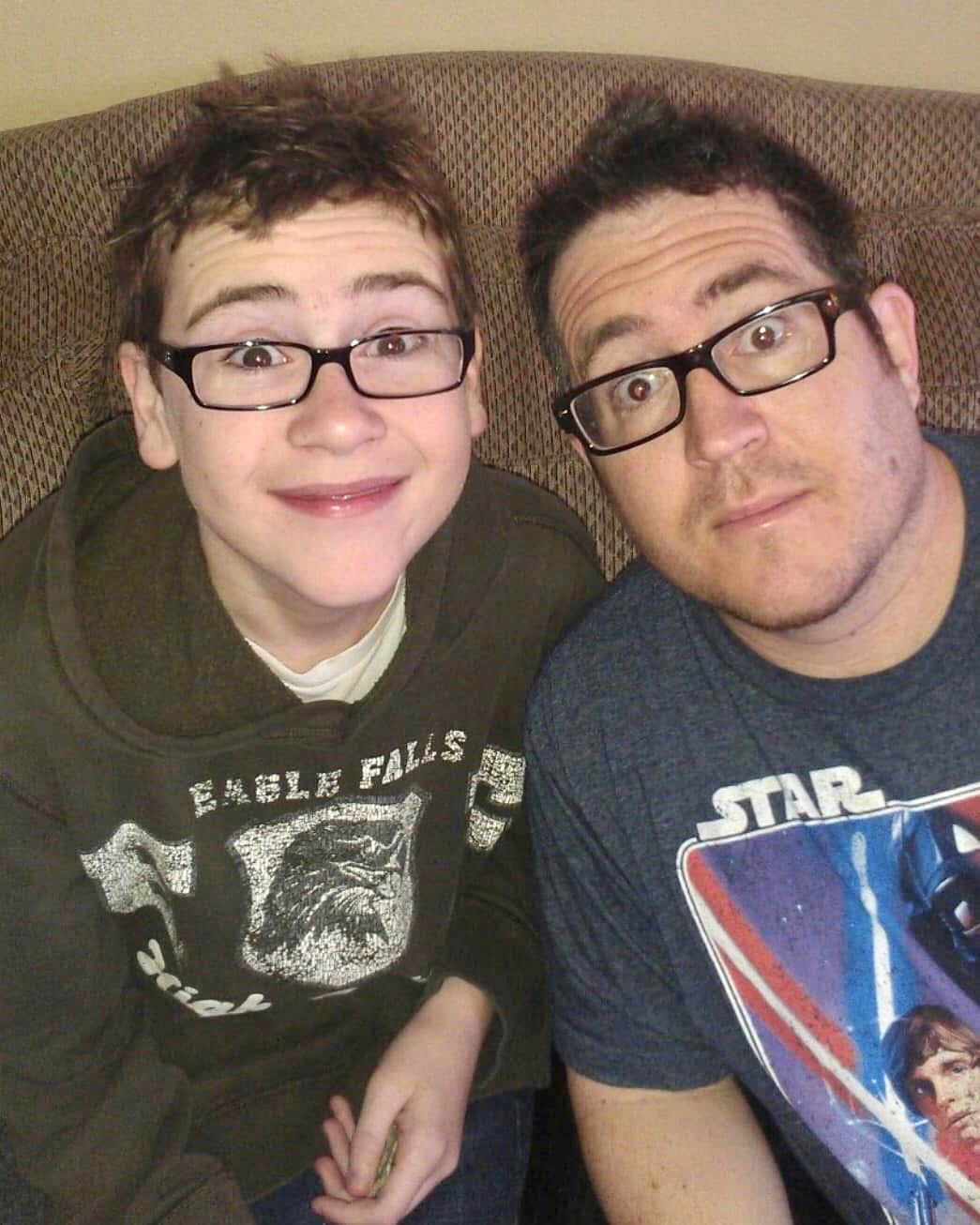
Sharing part of a post, and a profound description of autism from a parent’s Facebook post.
Facebook:
https://www.facebook.com/share/1AFJv2s9Jx/?mibextid=wwXIfr
Website:
4-18-25
Recently, the Secretary of Health and Human Services — said people living with autism “will never pay taxes, hold a job, go on a date, or use a toilet unassisted.
In short - he said people like my son are broken.
…
I’ve spent the last two decades learning from my son that the polar opposite of what our Health Czar claims to be true.
So today, I’m not here to argue—I’m here to testify. Not with statistics. Not with rage. But with love.
***
-what autism has taught me-
my son’s 25-year journey with
autism has taught me
that life isn't about fixing
what I think has been broken
there is
no fixing
people
there is nothing
to fix
autism isn't another word
for broken
I swear
there is not...
Moving on vs. moving forward

What’s the difference?
We move on FROM something.
We move forward WITH something.
—.—
When it comes to grief, moving on implies that we can leave grief behind us.
But that’s not how grief works.
This kind of closure is a fallacy.
Grief never dies nor can we leave it behind.
A loss will always be a loss, no matter how long ago it was.
We cannot “move on” from our grief.
It takes up permanent residence in our hearts and minds.
- Moving forward with grief implies we continue our life journey evolving alongside our grief.
We learn to accommodate it.
It changes over time.
It changes US over time.
Grief becomes an integral part of our identity.
It has the power to change worldviews and what’s important…
For many who “do the work” …
Grief stops defining the rest of their lives.
—.—
But it can devour us in pain if not tended to—when we try to “Just move on.”
So choose your words wisely—words matter—and for someone in grief, they know the difference.
—Julie
P.S. Grief...
How much energy does it take to suppress debilitating pain?

Because pain needs to be witnessed to process it, suppression doesn’t work to resolve it.
To process pain from grief, to get to the other side of pain, we must move through it.
Trying to ignore, sidestep, or hope it will just go away prolongs pain.
- Suppression requires engaging in behaviors that make it harder to process pain if and when we make that decision.
These behaviors also tend to negatively impact All aspects of our lives.
If you bite the bullet and acknowledge and engage in pain it won’t annihilate you.
Instead, it shows you exactly where to go, psychologically, to heal.
—Julie
#BoldBecoming
#MastersOfChange
#GriefAndLoss
#HighPerformance
#LifeCoach
#Burnout
Is ableism on YOUR radar?
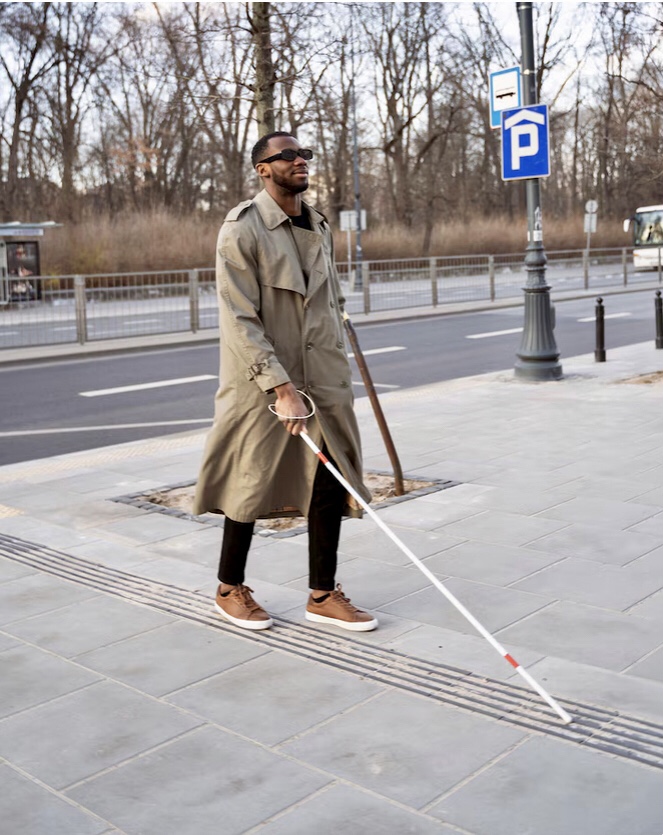
Ableism is discrimination in favor of able-bodied people.
It’s fueled by prejudice, bias, and ignorance directed towards people living with disabilities.
While often unconscious, its effects are felt daily and worldwide.
Not only are those living with disabilities directly impacted by it but so are their families and friends.
SO is society at large.
- We miss out on their contributions when people with disabilities don’t have access to join as equal members of society.
But what if we were to bake it in from the start?
—Access…
—Accomodations…
—Equal opportunity…
—Etc…
If we PLAN for inclusion, we create ways to make it happen. It doesn’t happen on its own.
- —.—
My friend’s daughter had a learning difference and wasn’t learning to read or write.
After the school’s special ed. evaluation only came up with anxiety, Mom got a second evaluation from an independent agency.
They discovered a visual processing deficit whereby when the girl sounded out each letter in a wor...
How much power does a word switch have in changing our behavior?
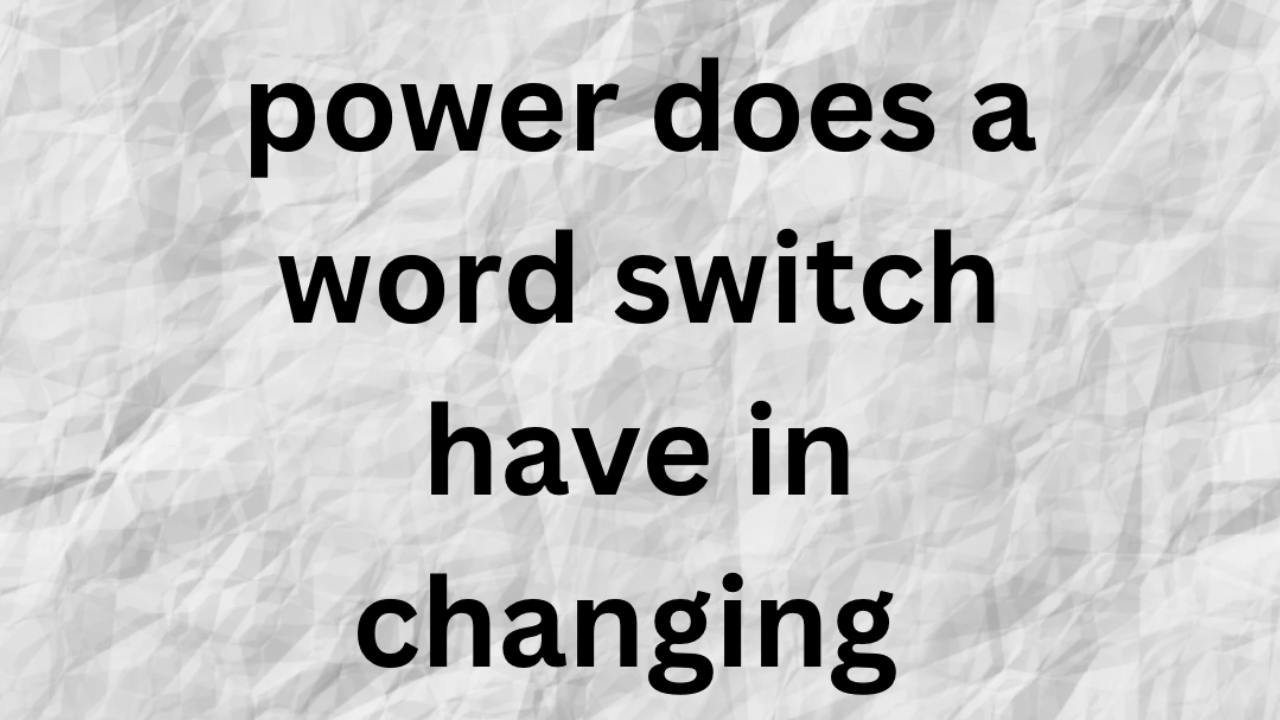

World renowned conflict negotiator Stuart Diamond says words matter.
When I had 5 part time jobs at once, I thought overworking was a badge of honor. Every time I finished driving the late shift for the university library shuttle bus, I felt I’d won the day!!! … because I worked until 2am…
Powering through became a lifestyle choice.
When you’re young with ambition, it’s par for the course. For some it’s a necessity.
And for none does it support well-being.
We’re designed for contemplation time. Rest. Reflection. For recovery from work.
At the heart of burnout is failed energy management.
- Burnout’s not just from overworking. It’s neglecting recovery.
Intentionally building in recovery is critical to our well-being —our physical, mental, emotional, spiritual, and relational health.
But recovery’s easily overlooked for one main reason:
- Voids get filled, almost automatically. So NOT doing —a tactic for recovery— can be difficult.
For high achievers, not “being producti...
Control lies in choice of perspective

When the enormity of your child’s diagnosis sinks in, you feel as if control over your life’s slipped through your fingers like water.
Control with a capital “C” becomes a thing of the past.
You feel like you’ve been given a life sentence of overwhelm, fear, and hopelessness.
You’re alone in a silo of grief that appears to have no top or bottom.
Platitudes from friends and family hurt more than help.
While they may understand intellectually, they’ll never be in your shoes nor able to fathom the realities of your experience.
Once the dust settles and shock thaws off, YOU begin to understand where you’ve landed…
… that the rest of your life will be designed around running in high gear, with extraordinary responsibilities that you must build your new normal around.
- The top thing to do now is renegotiate your relationship with choice, right when it’s stripped away from you.
It’s important to seek and recognize choice where you find it, then use your agency —your ability ...
Are you in a forced identity transition?

Has the landscape of your life and its trajectory changed to something new, unrecognizable, and unwanted?
Has something happened to you either suddenly, or slowly over time, leaving you feeling broken or not whole, needing to figure out new ways to go forward?
When a loved one dies we’re often forced into an identity transition. Others understand our pain and support us, at least initially. Grief and loss is acknowledged and being sad and confused is expected.
And…other losses cause the same kind of pain but aren’t perceived, treated, or labeled as grief and loss.
But they are EXACTLY that. They cause the death of who we were.
- When we lose access to our former identity, it’s a kind of death as real as losing a person to death.
We go through the same fears and feelings as a person who’s lost a loved one.
And these losses need to be given the same space and TLC a bereaved person gets.
Things like:
- A catastrophic medical diagnosis, like a stroke that limits independenc ...

